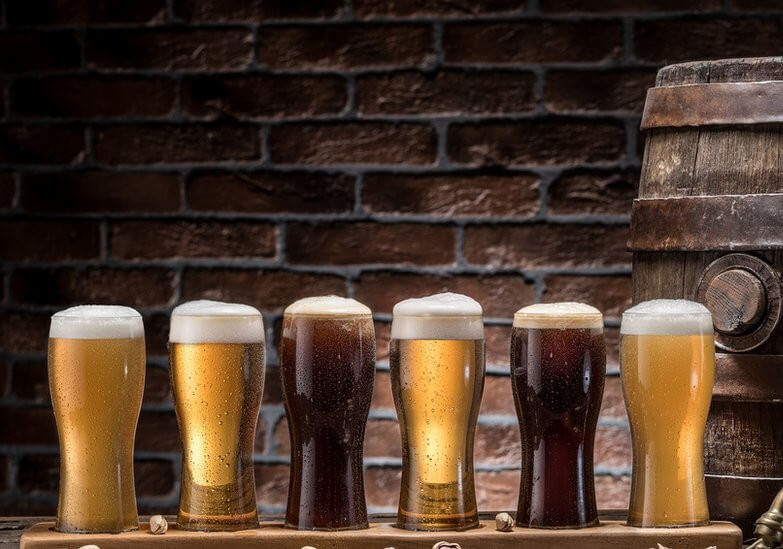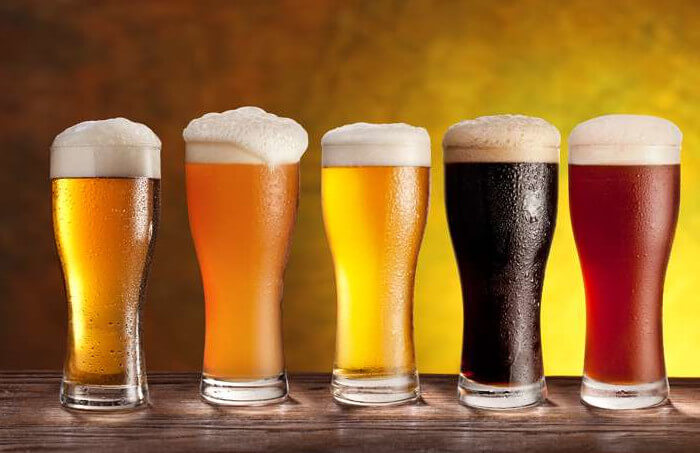In the midst of a thriving craft beer scene, you might find yourself pondering the link between this trend and a rise in alcoholism. As a music and art therapist, I’ve witnessed the intersection between culture, lifestyle, and addiction first-hand. Let’s delve deeper to understand whether the popularity of craft beer could potentially be fuelling alcohol dependency.
While craft beer has become a symbol of sophistication and connoisseurship, its high alcohol content can be a hidden danger. Many craft beers contain a greater percentage of alcohol than mainstream beers, with some variants even reaching 15% or more. That’s equivalent to consuming several standard drinks in one serving. The novelty, variety, and perceived quality of these beverages can lure you into drinking more, masking the significant alcohol intake in the process.
Add to this the social aspects of craft beer culture. The experience isn’t just about the drink, but the community around it, promoting tasting events, brewery tours, and craft beer appreciation clubs. This social reinforcement might blur the line between responsible enjoyment and hazardous drinking patterns.
However, it’s crucial to point out that the craft beer trend isn’t solely to blame. Alcohol addiction is a complex issue, influenced by factors like genetics, emotional health, societal pressure, and personal circumstances. The availability of craft beer can be a contributing factor, but it’s just one piece of a larger puzzle.
Alcohol Content Comparison
| Beer Type | Average Alcohol Content |
|---|---|
| Mainstream Beer | 4-5% |
| Craft Beer | 5-15% |
Frequently Asked Questions
 Q: Why does craft beer generally have a higher alcohol content? A: Craft beers often have a higher alcohol content because they use a larger quantity of malt, leading to a higher sugar content that gets converted into alcohol during fermentation.
Q: Why does craft beer generally have a higher alcohol content? A: Craft beers often have a higher alcohol content because they use a larger quantity of malt, leading to a higher sugar content that gets converted into alcohol during fermentation.
Q: Is it safe to drink craft beer? A: Yes, it’s safe to consume craft beer responsibly. Like any alcoholic beverage, the key is moderation and awareness of the beer’s alcohol content.
Q: How can I enjoy craft beer responsibly? A: Stick to standard drink guidelines, consider the alcohol content, alternate with non-alcoholic beverages, and never drink on an empty stomach.
Q: Are craft beer drinkers more likely to become alcoholics? A: Not necessarily. It’s the drinking behavior and quantity consumed that contribute to alcoholism, not the type of beverage. However, due to the higher alcohol content, craft beer drinkers should be mindful of their intake.
Q: Why is there a craft beer culture? A: Craft beer culture has emerged due to a variety of factors. Some people enjoy the diverse flavors and innovative brewing techniques, while others appreciate the sense of community that breweries cultivate. The culture has grown alongside the rise in popularity of artisanal, locally-sourced products.
Q: Is it possible to drink craft beer in moderation? A: Absolutely. Many people enjoy craft beer as a hobby and drink responsibly. The key is understanding the alcohol content of what you’re drinking and ensuring you’re within the recommended guidelines.
Q: How can I tell if I’m drinking too much craft beer? A: Signs you might be drinking too much include frequently consuming more than intended, neglecting responsibilities due to drinking, experiencing cravings, or continuing to drink despite negative consequences. If you’re concerned, it’s important to seek professional help.
Q: Are there non-alcoholic craft beers? A: Yes, there is a growing market for non-alcoholic craft beers. These can be a great alternative for those who enjoy the taste of craft beer but want to avoid or limit their alcohol consumption.
As we explore the relationship between the craft beer trend and alcoholism, it’s vital to remember that alcohol misuse isn’t confined to any single type of beverage or culture surrounding it. The core issue lies in the patterns of consumption and the individual’s relationship with alcohol.
In the South African context, where we have a dynamic craft beer industry and a concerning rate of alcohol dependency, the conversation becomes even more critical. The appeal of artisanal brews should never overshadow the importance of responsible drinking and awareness of addiction.
As we enjoy the richness of flavors offered by craft beer, let’s also remember to drink responsibly, foster a culture of moderation, and extend our support to those battling addiction. After all, a healthy society is one that celebrates culture and lifestyle while prioritizing well-being above all else. As the saying goes, it’s all about balance.

